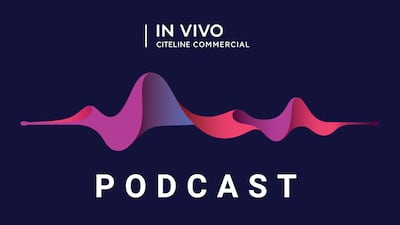Last October, interventional cardiologists marked the 25th anniversary of the Transcatheter Cardiovascular Therapeutics (TCT) conference, long recognized as the premier US showcase for new, and often groundbreaking, vascular interventional technologies. The 2013 TCT, held in San Francisco, CA, paid homage, and rightly so, to the amazing progress the field has witnessed over the past 25 years. But this specialty has a well-earned reputation for constantly pushing the bar of innovation, and it’s safe to assume those in attendance at the 2013 meeting were most keenly interested in the progress the field is likely to make over the next 25 years.
And therein lies something of a conundrum. For although interventional medicine has made great strides over the past three decades,...
Read the full article – start your free trial today!
Join thousands of industry professionals who rely on In Vivo for daily insights
- Start your 7-day free trial
- Explore trusted news, analysis, and insights
- Access comprehensive global coverage
- Enjoy instant access – no credit card required
Already a subscriber?







